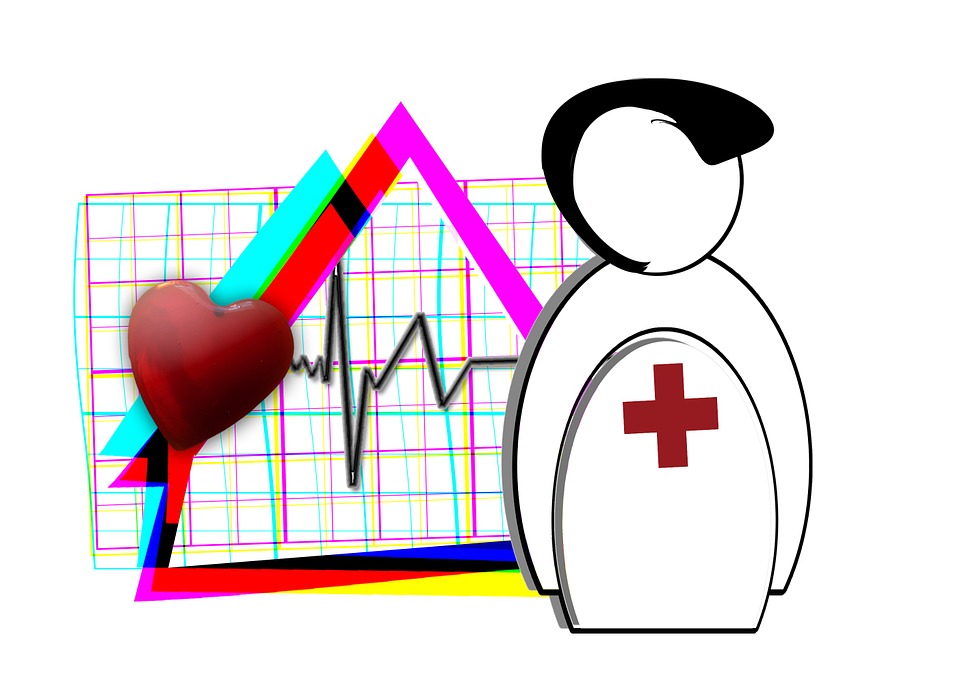Is it important to get tested for sexually transmitted diseases (STDs)?
One of the several questions most people keep asking is whether or not it is important for them to go for STD screening. Of a truth, there is no better answer to this than yes! STDs are more than just small annoyances. They are becoming increasingly more common these days due to the higher rate of people engaging in unprotected sex. By this I mean, unprotected sex outside of marriage and among the youths.
One of the several reasons why you need to go for STD screening is that it is possible for someone to have an STD and not be aware of it, since the majority of these infections do not show any symptoms at the early stage. This implies that an infected person could be spreading infections without even knowing. Furthermore, being sexually active with multiple partners without protection may result in different STD infections.
General STD Symptoms
There are several different symptoms that can occur, depending on the STD disease. But a few common ones include sores on the genitals, unusual discharges, itching and irritation, bleeding, swelling and painful areas. In addition, you can experience vomiting and nausea, diarrhea, headaches and much more. These STDs can generally hinder the overall functionality of your body. And if you have contracted an STD like HIV, then it could perhaps end up being deadly if you fail to handle it early enough.
Getting STD screening
If you are experiencing any of the symptoms mentioned above or others related to STDs, then it is important to get tested for STD screening. Although most people are afraid to get STD screening because they believe it will be embarrassing or the process will take a longer time; these are far from being true. STD testing is discreet and confidential, and can be completed in few steps. With it, you will be able to know whether or not you are STD-free.
You can visit a reliable website for take home tests and likewise, there are clinics put in place that you can go and seek help without the embarrassment of visiting your family doctor or having other people find out. If you are at risk of an STD then get tested without delay. For more details, do not hesitate to contact us here.


 The prevalence of sexually transmitted diseases in this present age is at its peak. And yet there are lots of things we all need to know about seeking treatment, learning about the STD symptoms as well as how and where to get tested for the same. If you are having multiple sex partners, you are at risk of having STDs. Having such a disease is never the end of the world, but it needs an early intervention and cure to get a full recovery. If it is left unattended, it may create severe issues later on. If you think that you might have gotten any sexually transmitted disease, then you should get tested for STDs as soon as possible. If you plan for STD screening, it is important that you do not just settle for any place. Rather, you should opt for a place where your privacy will strictly be upheld and you get the guarantee that your test results would never be disclosed. With that said, below are how and where to get tested for sexually transmitted diseases.
The prevalence of sexually transmitted diseases in this present age is at its peak. And yet there are lots of things we all need to know about seeking treatment, learning about the STD symptoms as well as how and where to get tested for the same. If you are having multiple sex partners, you are at risk of having STDs. Having such a disease is never the end of the world, but it needs an early intervention and cure to get a full recovery. If it is left unattended, it may create severe issues later on. If you think that you might have gotten any sexually transmitted disease, then you should get tested for STDs as soon as possible. If you plan for STD screening, it is important that you do not just settle for any place. Rather, you should opt for a place where your privacy will strictly be upheld and you get the guarantee that your test results would never be disclosed. With that said, below are how and where to get tested for sexually transmitted diseases.

